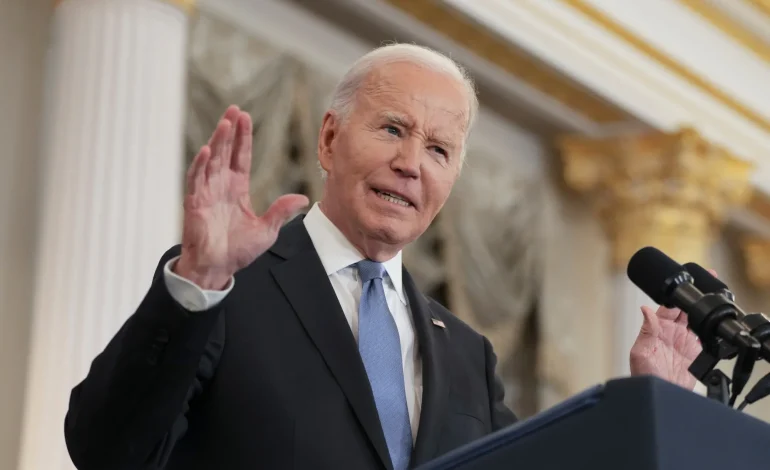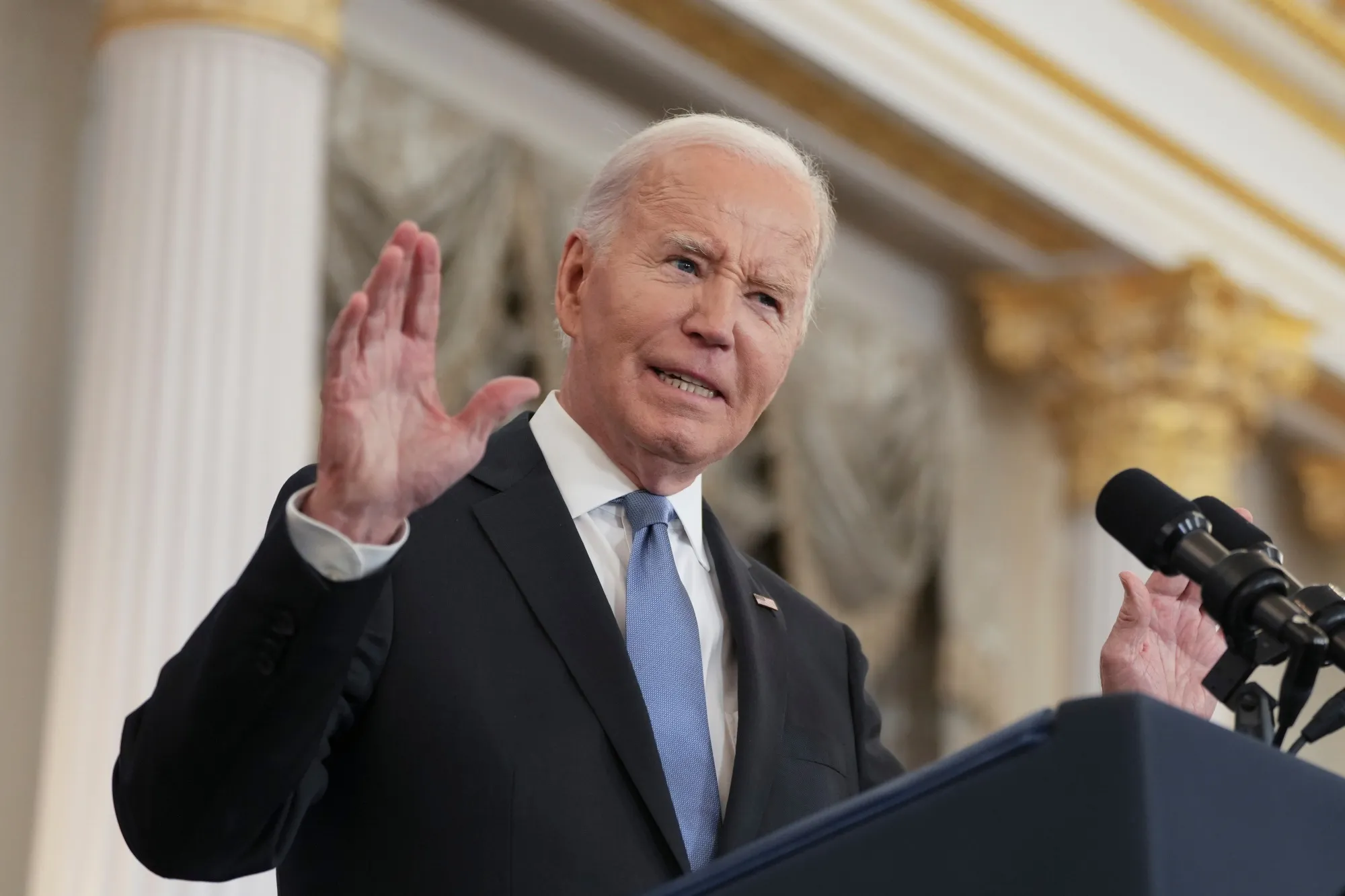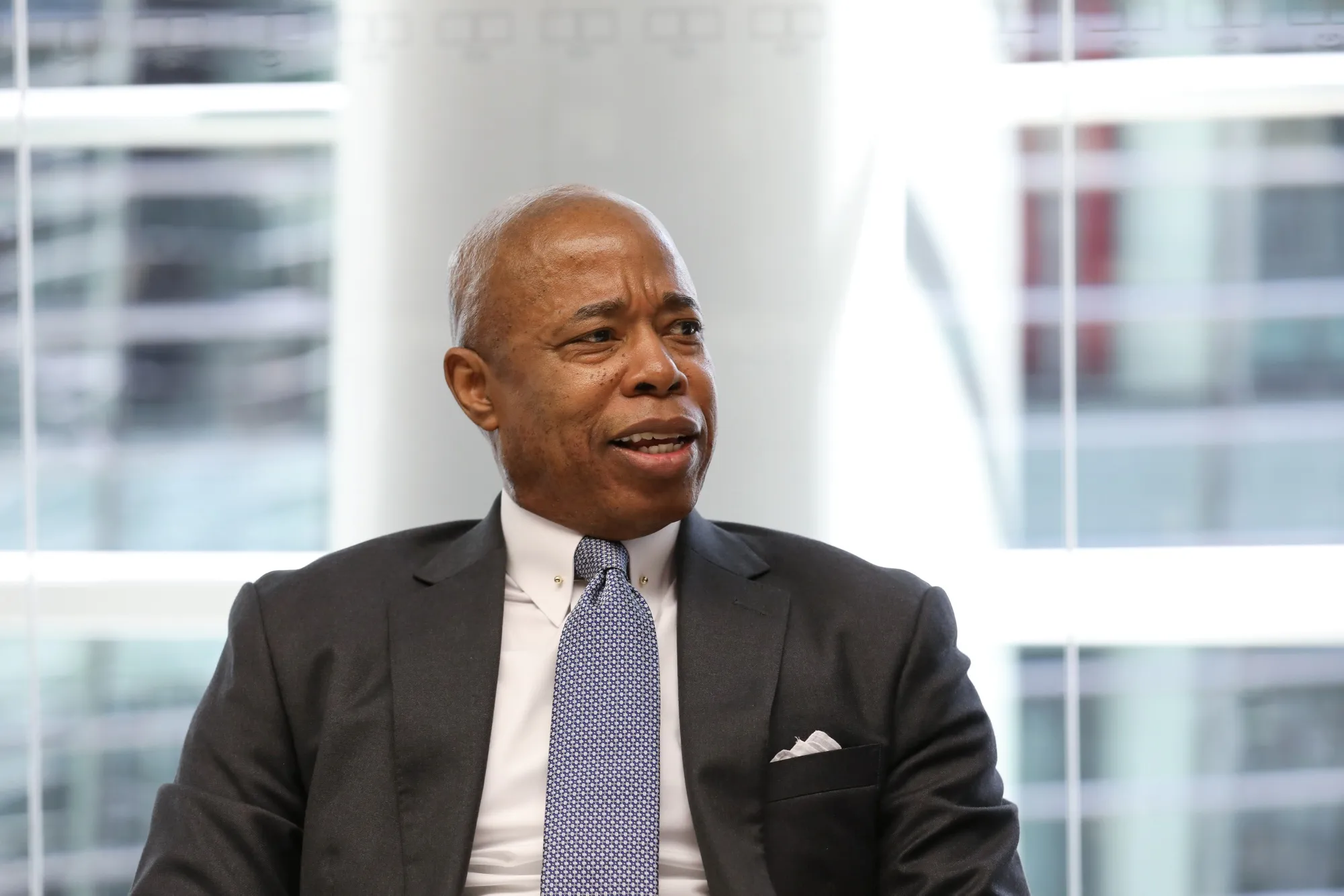Biden Commutes Sentences of Thousands of Non-Violent Drug Offenders in Clemency Push

President Joe Biden will commute the sentences of nearly 2,500 non-violent drug offenders whose prison terms were longer than what they would receive under current sentencing guidelines, Bloomberg reports, citing the White House.
This action is the latest in a series of clemency measures taken by the outgoing president as he prepares to leave office on Monday.
The commutations target individuals who received harsher sentences for crack cocaine offenses compared to powder cocaine, as well as those whose sentences were impacted by changes in sentencing guidelines. While the White House did not immediately release a list of affected cases, the move is consistent with the Justice Department’s 2022 directive to federal prosecutors to end the disparity in sentencing between crack and powder cocaine. The department previously stated that this disparity lacked scientific basis, served no law enforcement purpose, and contributed to unwarranted racial disparities in the criminal justice system.
Data from the US Sentencing Commission reveals that 79% of crack cocaine trafficking offenders sentenced in fiscal year 2023 were Black, compared to 22% for powder cocaine. Despite this disparity in sentencing, the 2020 National Survey of Drug Use and Health indicates that white individuals are more likely to use cocaine in their lifetime than any other demographic group.
This clemency action follows a series of similar moves by Biden. Last month, he commuted the sentences of all but three federal death row inmates to life imprisonment and commuted the sentences of nearly 1,500 other individuals. Additionally, Biden issued a controversial pardon for his son, Hunter Biden, after previously stating he would not do so.
President Biden has now granted clemency to more individuals than any other American president and indicated that he might consider additional commutations and pardons before leaving office.
High-profile figures are reportedly under consideration for pardons, including former Representative Liz Cheney, a Republican who played a key role in the congressional inquiry into Trump’s protest against the 2020 election results, and infectious disease expert Anthony Fauci, who led the US response to the coronavirus pandemic. These potential pardons are particularly noteworthy given President-elect Donald Trump’s threats to prosecute these individuals.
Biden told USA Today earlier this month that he was closely monitoring Trump’s transition personnel moves before making final decisions on pardons. Presidents often reserve their most controversial pardons for their final hours in office.








